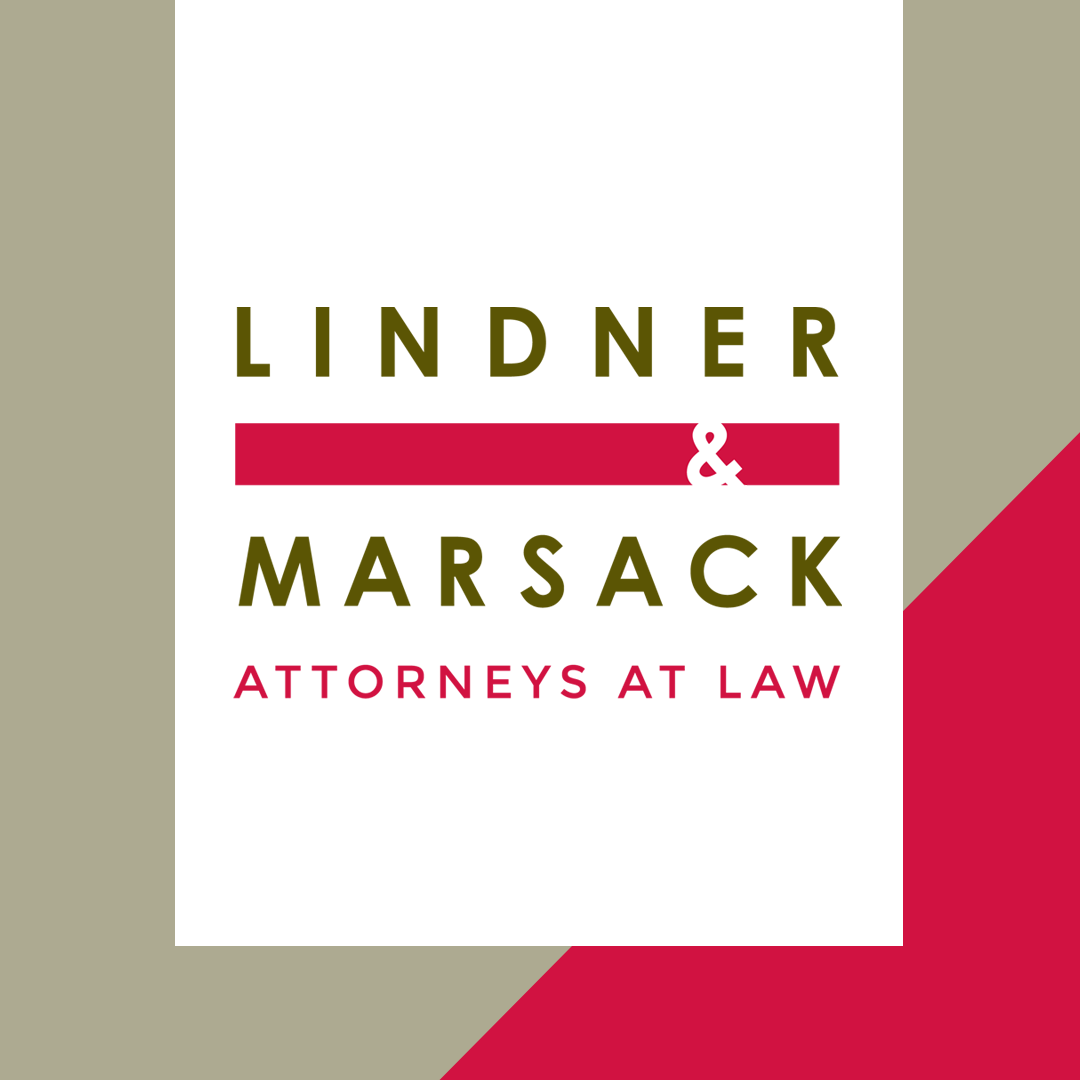On June 1, the United States Supreme Court issued its decision in EEOC v. Abercrombie & Fitch Stores. The issue in the case was the scope of an employer’s obligation to accommodate the real or perceived religious beliefs and practices of employees and applicants. Samantha Elauf was a practicing Muslim who wore a headscarf to […]

